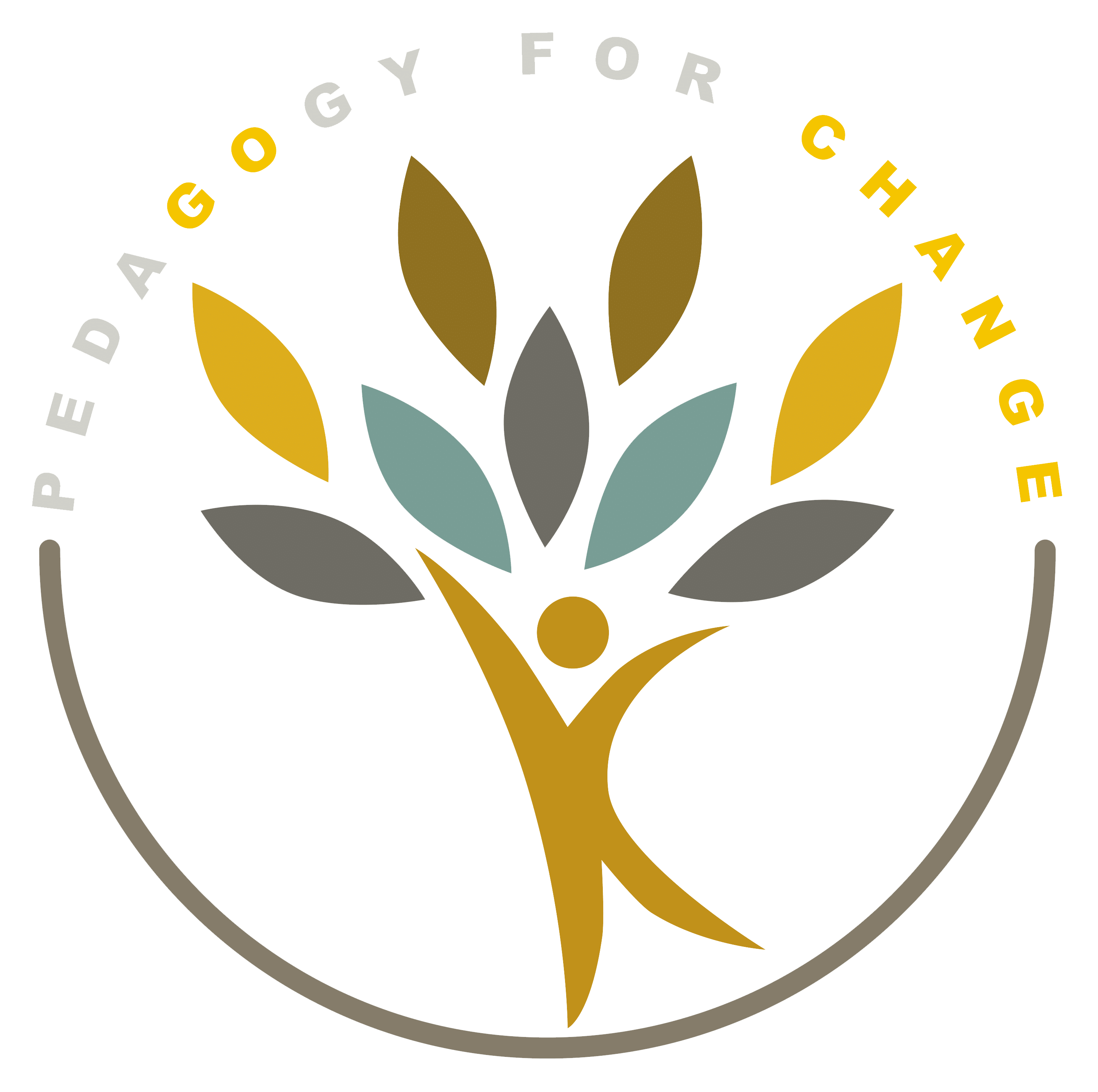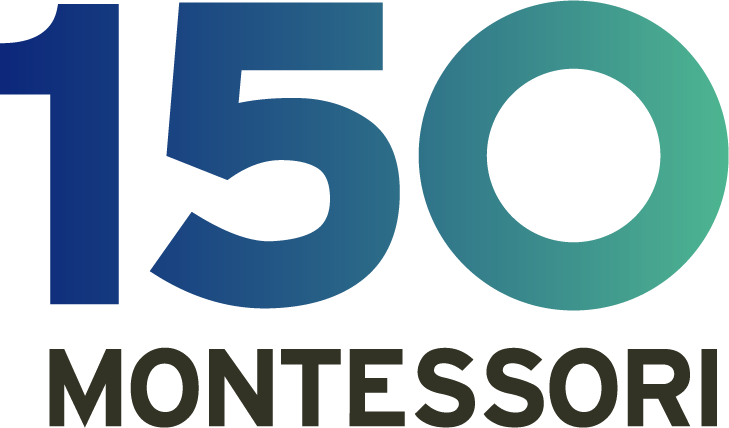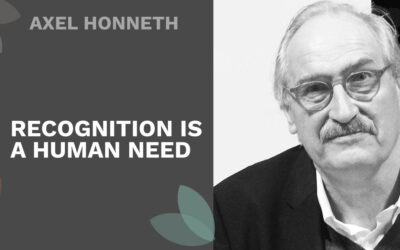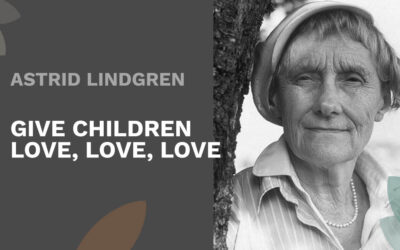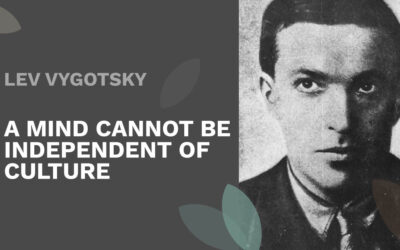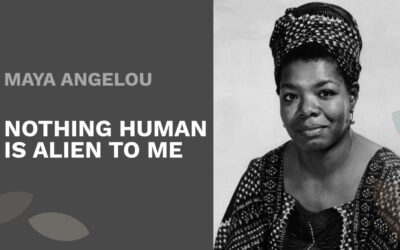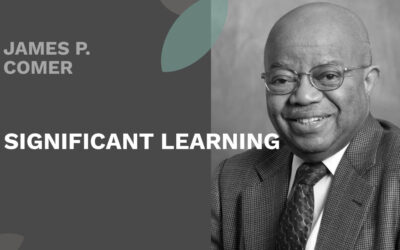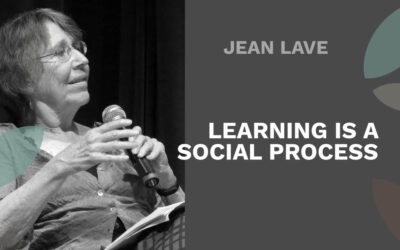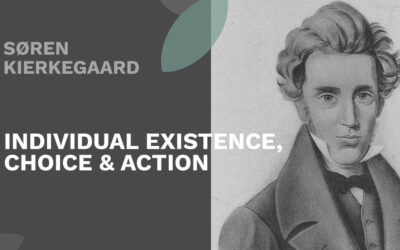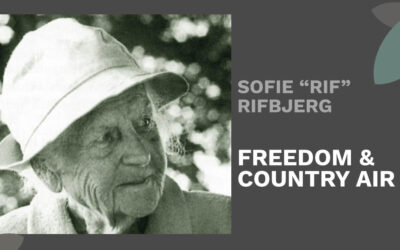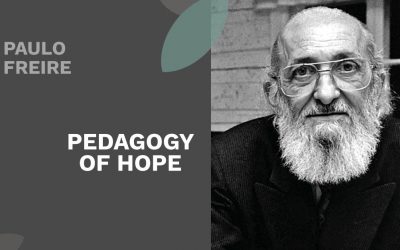


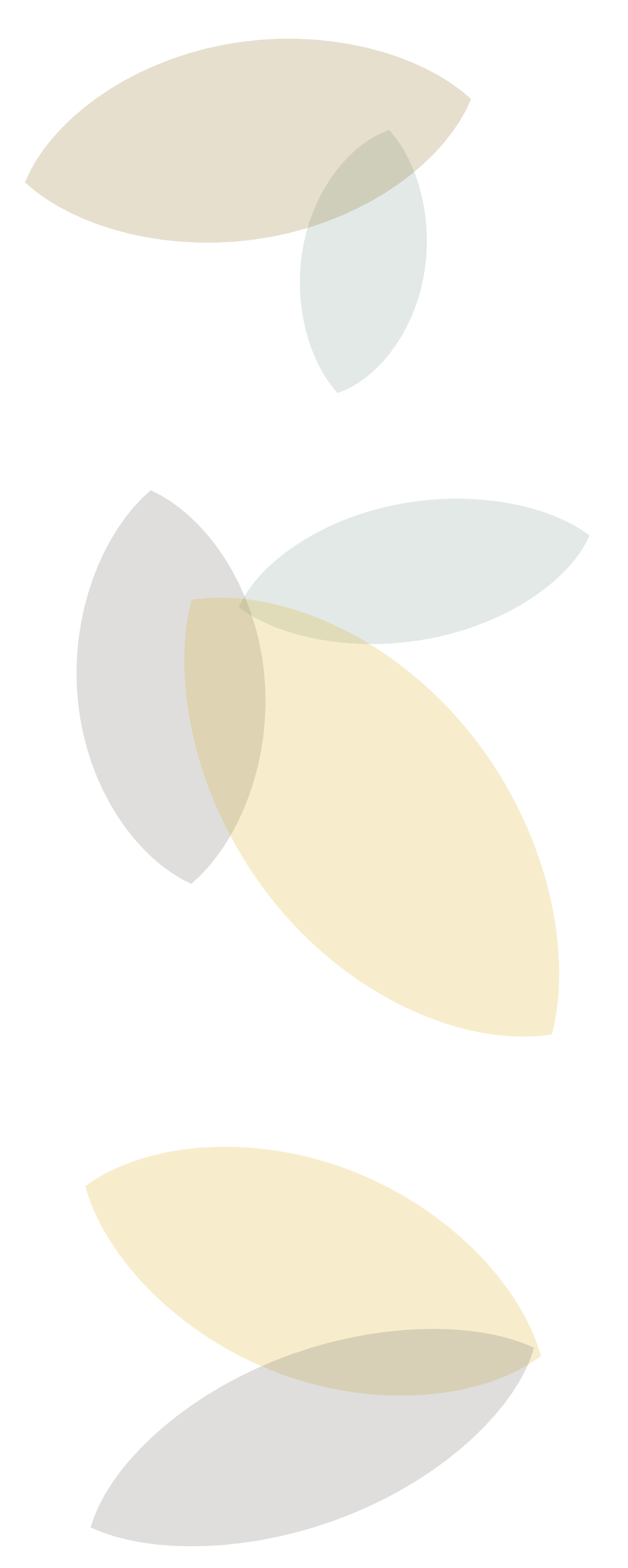
Maria Montessori
Children prefer to work, not play. This is one of the main ideas of Italian Maria Montessori, one of the trailblazers of early childhood education. “The child who concentrates is immensely happy” she noted.
A Montessori child is capable, independent, curious, able to take initiative and is academically strong. Montessori recognises that children have an innate desire to learn, and what they require is an environment to enable that learning to take place.
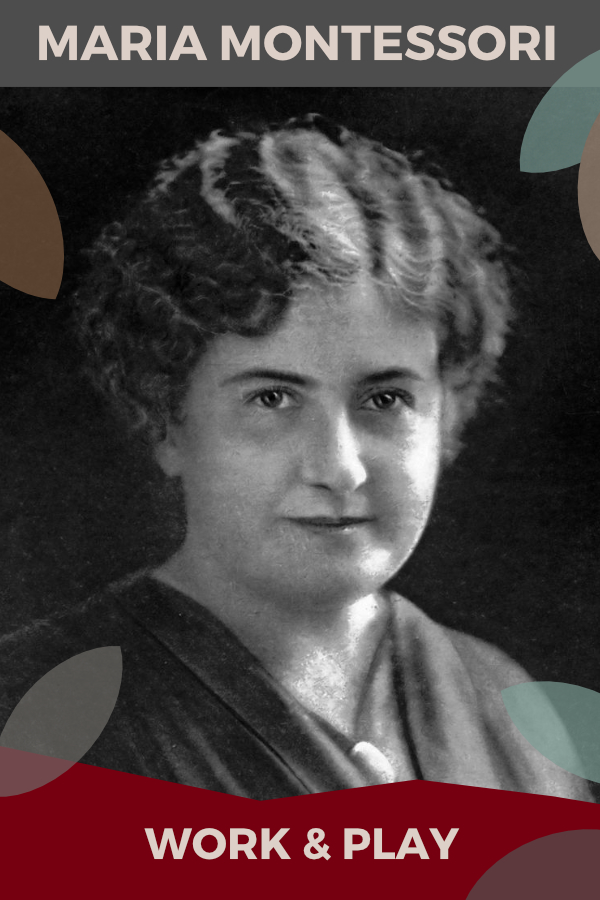
The secret of childhood
There are moments where children are passionately occupied with certain activities as part of their development of self, observed Maria Montessori.
A little boy of 18 months has found a stack of newly ironed napkins in the living room. ”Interesting”, he thinks. Carefully he takes the top napkin, cradling it with his hands so as not to disturb the folds and carries it across the room, and places it on the floor. ”One”, he exclaims. Then, he returns to the stack of napkins, takes the next one, just as carefully, and places it on top of the first one. ”One”, he says, again.
And he proceeds to move napkins, one by one, until all of them are piled up on the floor. Then he reverses the process, until all of the napkins are back on the table again. The pile is not as neat as the original one, but it by no means a disaster.
The episode is described in the book “The Secret of Childhood” by the Italian reformer of pedagogy, Maria Montessory. In the book she characterises the behaviour of the little boy as the beginnings of performative actions which has no purpose as such, but which children go about – if they are allowed. Montessori describes them as “work projects” or “the working human’s first experiments”.
She observes that there are moments where children are passionately occupied with certain activities as part of their development of self. In her opinion, it is a gross educational misdemeanour to prevent them from this experimental behaviour.
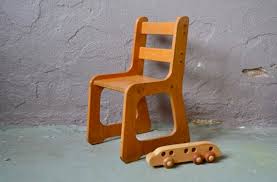
Children’s furniture
Maria Montessori was a medical doctor, and she achieved her first experiences with social education when she worked at a clinic for “children with mental weaknesses” – what we today would call children with special educational needs. Her results were so great that she became convinced that “mental weakness” was rather a educational rather than a medical problem and that her methods also could be applied on healthy children.
In 1907 Montessori opened her “Casa del Bambini” – the Children’s House – in the slums of Rome, where the children were severely neglected while their parents had to work. The institution, which she insisted on calling a school, was fitted with furniture especially made for children – which was a first. One of Montessori’s principles was that the children’s surroundings should be organised in such a way that the children could be as independent and self-reliant as possible.
“The basic conditions for sound pedagogy rests on the equal relationship between teacher, learner and the surroundings”, she explained. Therefore, it was also the task of the children to keep order in their surroundings – sweep the floors, do the laundry, dust and clean, water flowers, set tables and so on. In this way, they not only learned the basics of cleanliness and order – it also contributes positively on their motor skills and social development.
No rewards or punishments
The pedagogy of Montessori rests on three main pillars. Firstly, the scientific method, which at this time was becoming more widely used within the realm of psychology. Secondly, an emphasis on the freedom and independence of the child. And thirdly, the development of the senses as an integral part of the learning process.
With regard to freedom, Montessori underlined that children need to have the possibility to express their spontaneous activities – of course with for others. The development of each individual’s entire personality was also emphasised.
“With respect to children, we must regard education as the active support we give to enhance their natural development. The child is a body that grows, and a soul that soars and these two parts have the same origins – life itself”. In Montessori’s view, the insistence on freedom is not in contradiction to discipline. On the contrary, the discipline is achieved through freedom because “our goal is to use discipline to promote activity, work and everything good – not to immobility, passivity and obedience.
Therefore, rewards and punishment were not present in Montessori’s school. In her experience, the children were capable of applying spontaneous self-discipline, just like they had the ability to concentrate themselves about tasks and preferred repetitions.
Sensitive periods and training of the senses
On this background, Maria Montessori developed the principles of the child’s “sensitive periods”, periods where the child is passionate about a certain activity. For example, she noticed that children from the age of 12 months and up to three of four years of age have a special sense of order. Two-year-olds have a special sensitivity towards language which lasts for an extended period of time.
In her work with special needs children Montessori had very good results with training the children’s senses, and she transferred these experiences to the work in her “Children’s House”. She created a range of educational materials that could help children learn to distinguish between different colours, shapes and surfaces while at the same time being self-correcting, thus giving children the possibility to teach themselves.
Most famous are probably the wooden cylinders that need to be placed in the correct sockets in a wooden block, which will let the child know straight away if the task has been solved correctly.
Work and play
Maria Montessori has often been compared with the German educator Friedrich
Fröbel, who died in 1852, and there are also many similarities in their views on child rearing and education. However, where Montessori applied the scientific method, Fröbel was rooted in romanticism.
Fröbel regarded childen’s play as creative work and the foundations for education, while Montessori emphasised children’s work processes and the intellect.
Montessori’s ideas aroused enthusiasm in wide circles but were also criticised in others. This didn’t bother her much, though. As she said:
“If I am going up a ladder, and a dog begins to bite at my ankles, I can do one of two things – either turn round and kick it, or simply keep on climbing. I prefer to climb.”
Maria Montessori’s ideas about pedagogy and early childhood education have had a huge impact on the way pre-school children are taught today. There are many Montessori schools worldwide.


Maria Montessori
Maria Montessori was born in 1870, the only child in a well-to-do Italian family.
Studied medicine and became Italy’s first female medical doctor.
Professor of anthropology and psychology.
Started her pedagogical work with special needs children where she achieved good results. Transferred her experiences to well- functioning children in “Casa dei Bambini” in the slums of Rome in 1907.
Exiled during the fascist era in Italy and worked in Spain, India and the Netherlands where she died in 1952.
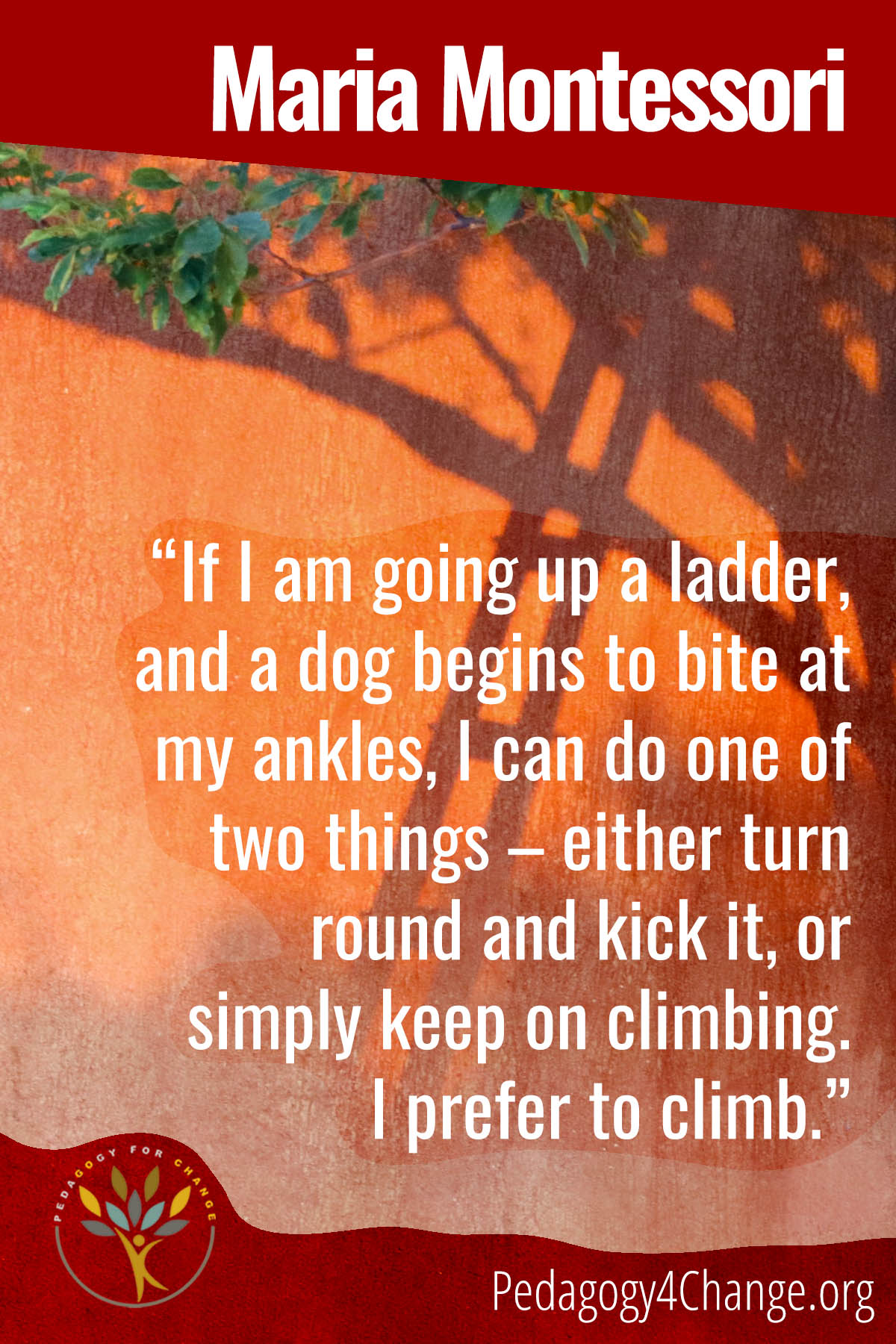
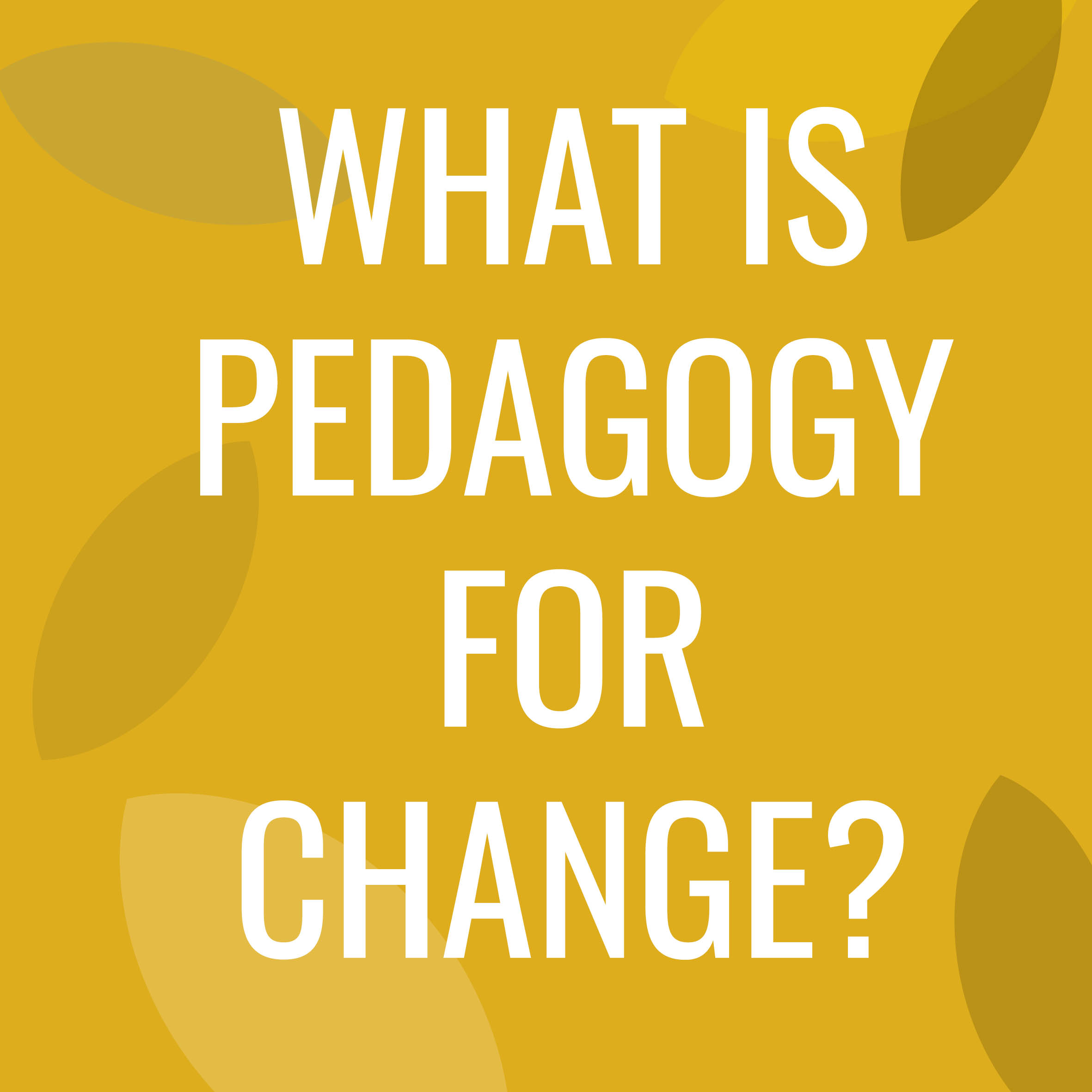
What is Pedagogy for Change?
The Pedagogy for Change programme offers 12 months of training and experiencing the power of pedagogy – while you put your skills and solidarity into action.
Studies and hands-on training takes place in Denmark, where you will work with children and youth at specialised social education facilities or schools with a non-traditional approach to teaching and learning.
In short:
• 10 months’ studies and hands-on training in Denmark, working with children and youth at specialised social education facilities or schools. At the same time yo will study the world of pedagogy with your team – a group of like-minded people. You will meet up for study days every month.
• 2 months of exploring the reality of communities in Scandinavia / Europe, depending on what is possible – pandemic conditions permitting. You will travel by bike, bus or perhaps on foot or sailing.
• Possibility to earn a B-certificate in Pedagogy.
Are you qualified to join Pedagogy For Change?
To be accepted into the programme you need to meet the following criteria:
- You are an EU citizen – with a few exceptions.
- You are 18 years or older.
- You have finished 12 years of school.
- You speak English well enough to communicate well with teachers and students at the training centres and projects.
- You have good social and people skills.
- You have a driving license. (90% of the training positions require this.)
- You have previous experience with some kind of youth work, sports clubs, youth camps, drama groups or similar.
- You have decided not to drink alcohol or take drugs for the entirety of the program.
- You are eager to experience a multidisciplinary and collective training programme, which includes theoretical and practical activities.
- You are ready to immerse yourself in a multicultural and diverse community.
Montessori 150 Years
2020 is a year to celebrate her amazing legacy of Montessori education, as well as her commitment to advocating for the human rights of the child, a cause which is continued through the work of the Educateurs sans Frontières. To mark the 2020 anniversary, special events will be held in her birth place, Chiaravalle, Italy. Due to the current Coronavirus situation globally, many of our 150th celebratory events have been postponed until 2021 when we look forward to celebrating together.
MORE GREAT PEDAGOGICAL THINKERS
Axel Honneth
Through recognition, human beings develop self-confidence, self-respect, and self-esteem. The theory of recognition was developed by German philosopher and educator Axel Honneth.
Astrid Lindgren
Astrid Lindgren’s thoughts about children were provocative in the 1940s, and her approach to childhood as a phenomenon is progressive, even today.
Lev Vygotsky
Interaction with peers, imitation, collaborative learning and other social interaction is key to how the human mind develops, according to Russian psychologist Lev Vygotsky.
Maya Angelou
In times of injustice and hardship, Maya Angelou’s call for humanity, unity and resilience teaches us many important life lessons. Her works inspire hope through action.
James P. Comer
“No significant learning can occur without a significant relationship.” Really? Does Dr. James Comer mean that students need to be close to their teacher to learn something?
Jean Lave
Jean Lave is a social anthropologist and learning theorist who believes that learning is a social process, as opposed to a cognitive one – challenging conventional learning theory.
Søren Kierkegaard
Making choices and taking action are at the very core of existentialism. By taking on these responsibilities, as human beings – we find the meaning of life.
Sofie ‘Rif’ Rifbjerg
Brought up in the countryside Sofie Rifbjerg knew intuitively that fresh air, free play & a deep respect for children’s own agency was paramount for their positive development.
Paulo Freire
Freire’s pedagogy was originally developed for the oppressed adult illiterates of Brazil, but it also inspired teachers and social educators all over the world. Liberation & solidarity are key.
